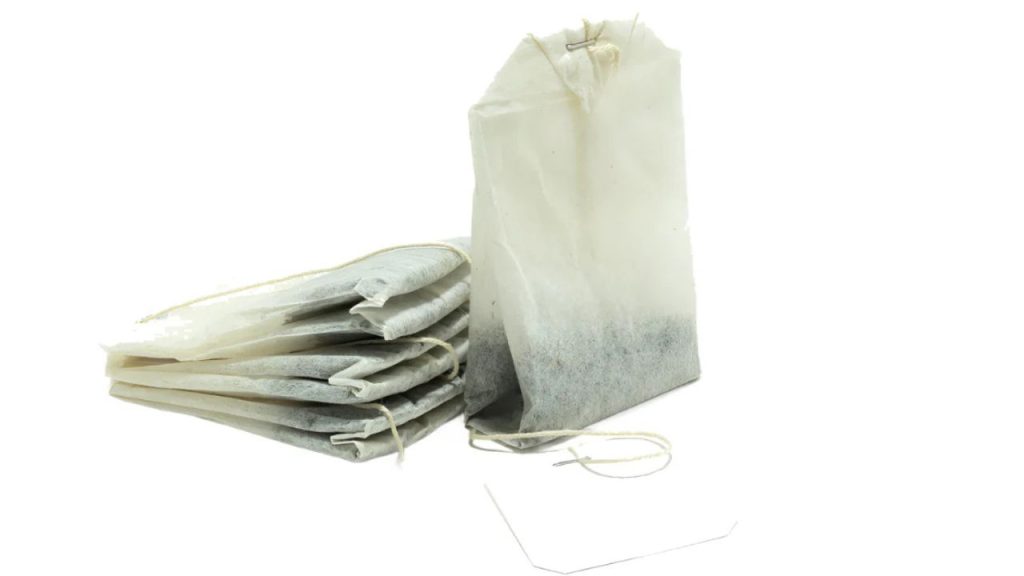A groundbreaking study has revealed alarming levels of toxic heavy metals in widely consumed tea brands in Bangladesh, raising urgent concerns for public health and consumer safety.
The investigative study, conducted by the Environment and Social Development Organization (ESDO) and titled “Brewing Toxins: Exposing the Heavy Metal Hazard in Teabags and Dried Loose Tea,” was unveiled on Thursday at ESDO’s headquarters in Dhaka.
The study tested 13 tea samples—12 teabags and one loose-leaf—collected from local markets, and found disturbing levels of toxic heavy metals in the teabag packaging. Contamination levels far exceeded safety limits, with chromium reaching 1,690 ppm (safe limit: 5 ppm), lead up to 51 ppm (limit: 5 ppm), mercury as high as 108 ppm (limit: 0.3 ppm), and arsenic exceeding 14 ppm (limit: 2 ppm), according to the study.
Such elevated concentrations pose serious health risks for regular tea drinkers, underscoring the urgent need for regulatory action and public awareness.
ESDO chairman Marghub Morshed expressed grave concern, stating, “This is a clear violation of consumer rights and a major public health threat. We call on authorities, producers, and all stakeholders to act immediately and take responsibility for preventing further harm.”
Further analysis revealed antimony levels of up to 154 ppm in teabag packaging, with trace amounts of uranium and thorium detected. On a positive note, essential nutrients such as iron, manganese, copper, zinc, and cobalt were also found in the tea leaves.
The study combined scientific testing with a nationwide survey of 3,571 respondents. Findings revealed that 55% of Bangladeshis drink 2–3 cups of tea daily, and 27% consume four or more cups, yet only 1% are aware of heavy metal contamination in teabags.
Dr Shahriar Hossain, senior technical adviser of ESDO, said, “This study is a starting point to keep toxins out of our food system. The goal is not to assign blame but to address a shared crisis where food security must mean both abundance and safety.”
The study used two complementary methods—laboratory analysis using XRF technology to detect heavy metals, and a consumer survey to gauge awareness and consumption habits.
This study serves not only as a warning but also as a call to action—aimed at protecting public health, safeguarding consumer rights, and ensuring that Bangladesh’s most beloved beverage remains safe for future generations.
Md Nazmul Alam, research officer of the Bangladesh Teaboard, said, “This study is shocking to us; we were not aware of the hazards that teabag packaging carries. We wish that important government stakeholders had been involved in conducting this study. A participatory approach is required for future studies.”
Esmat Jahan, assistant director of the Bangladesh Standards and Testing Institute (BSTI), said, “We welcome ground-breaking studies like this. We will inform the responsible authorities with utmost urgency. However, we must do everything to ensure that our local tea industry remains alive and thriving.”


